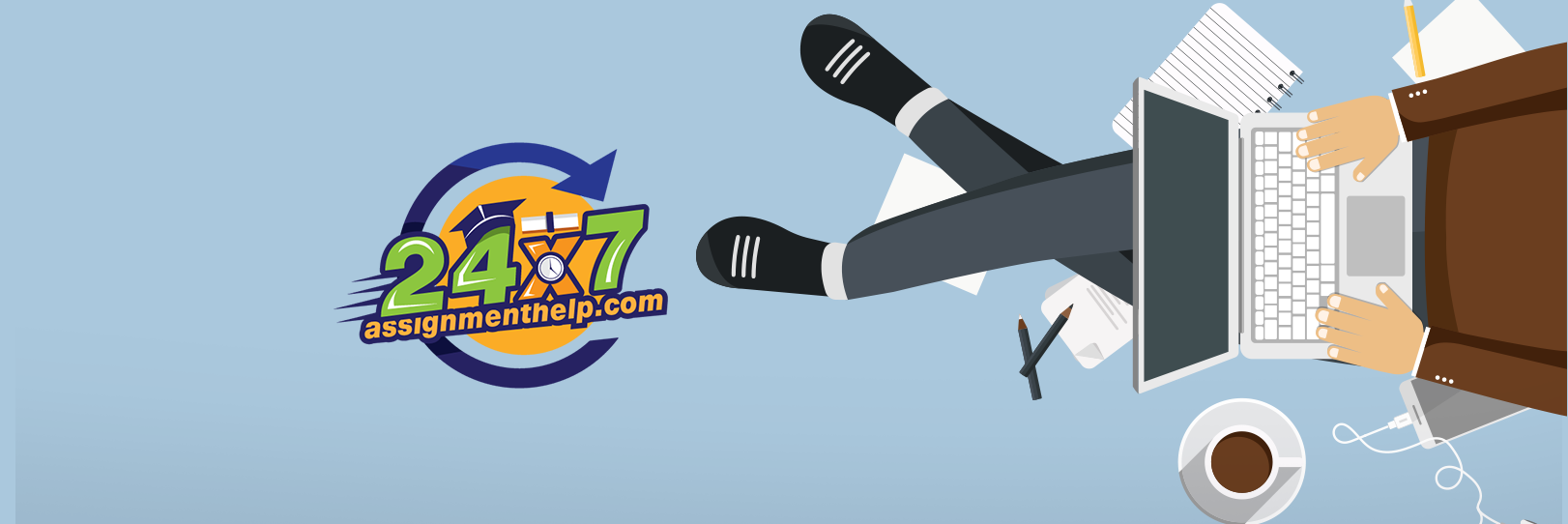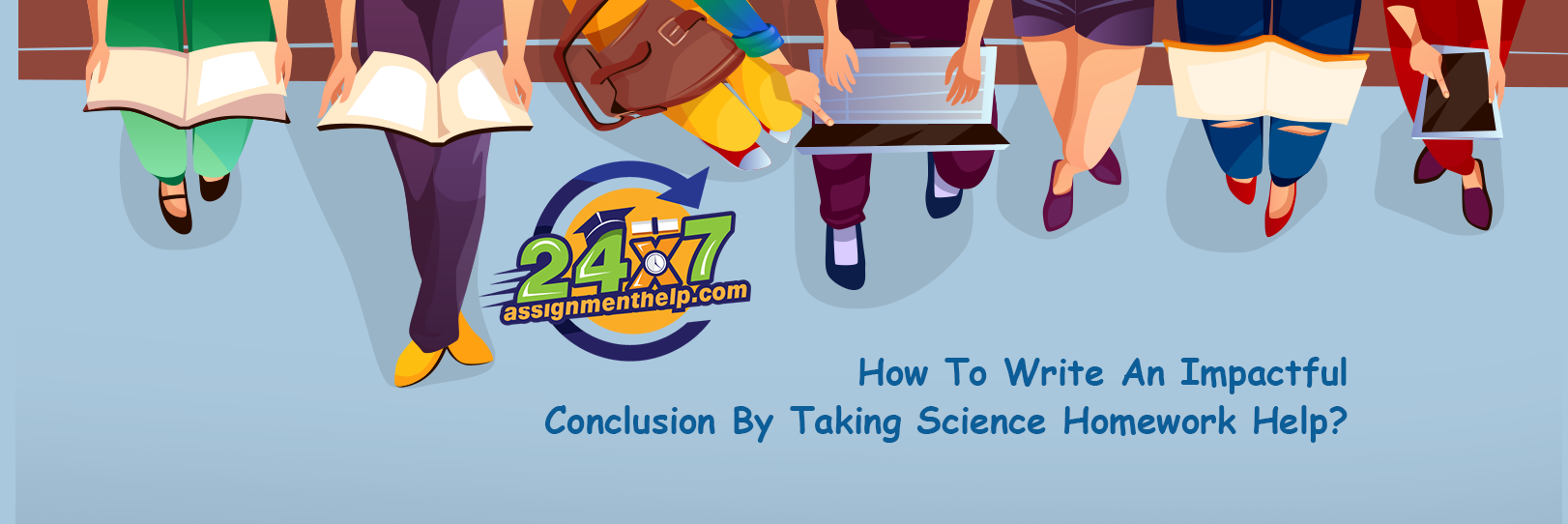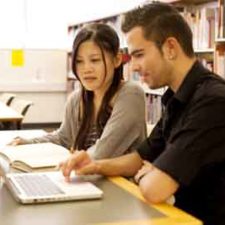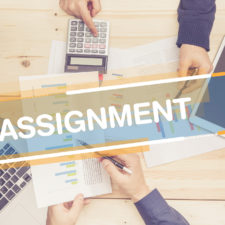What a man learns is what a man becomes. Education is not only essential to make one capable of earning bread. It plays a key role in shaping the personality of an individual.It is very important for students to develop a yearning of learning during their formative years. With increasingly stiff competition for better jobs and an ever expanding syllabus, it is imperative that a sound foundation is laid down in the early years of education.
While some kids have a penchant for studies and academia right from the get-go, others may not show an inclination towards them. However, nothing is set in stone. A little bit of work and guidance can set a child on the right path. However, the question remains, how exactly do you accomplish this? Below is a list of things you must and mustn’t do to improve a student’s skills in education.
Things you can do-
- Encourage reading–
A book is a very special object. It can take you on a tour halfway around the world while you are in pajamas in your living room. Reading a book or rather reading in general can go a long way in improving the education skill set at a student’s disposal.
- Time management–
Time is of the essence they say. While some students seem to manage their time with the utmost of ease, others may struggle to keep up with the clock. They eventually get frustrated and give up all together. Teaching such students the art of time management will certainly help them. Better time management inadvertently results in provision of proper attention to all subjects and improved learning abilities.
A schedule or a time-table can help students track their time in a more efficient manner. The entire study session can be divided into smaller power sessions with regularly spaced intervals for refreshment.
- Strike the right Notes–
While some students in a class strive to jot down every syllable that comes out of the professor’s mouth, others are least bothered to even write anything whatsoever. In all honesty, neither approach is beneficial. The art of effective note-taking is based on complete listening but selective registration. The notes should be structured around the specific keywords pertaining to a particular lecture. Better notes result in better grades which in turn drives the student to perform even better.
- Raise all doubts–
It is important to eradicate the seeds of doubt and misconceptions before they can germinate and transform into unyielding trees. It is important to teach students to raise their doubts and queries as and when doubts are created. Always remember, there is no such thing as a silly question.
- Every assignment counts–
Students who complete all classroom and homework assignments generally achieve better results. Assignments reiterate classroom learning and help achieve better results.
- Group studies–
Hanging out with friends is always fun. Study groups help students by combining the joy of hanging out with friends with the essence of education. Group studies save a tremendous amount of time. Imagine being stuck on a mathematical problem for hours. Imagine the frustration of having to wait an entire day to find the solution.
Group studies help resolve this problem. It is only likely that at least one person in the study group would have the solution figured out. Conversely, you may have the solution to a problem someone else in the group in having trouble solving.
Things you mustn’t do-
- Scoffing and berating–
Scolding a child will not serve any purpose besides lowering his/her self-confidence. This might degrade the student’s performance even further.
- Comparison with peers and siblings–
Citing the performances of peers and siblings as reference point and using them as yard sticks for academic performance is an approach which generally goes south. One will be better advised to encourage the student to become better each day and compare their performance with their own results.
- Setting unsuitable standards–
Setting the bar too low or setting ridiculously high standards are advised against. Realistic standards which are in sync with the student’s abilities will help achieve better results. If the bar needs to be set higher, it must be done gradually and not all at once.
- Condone excuses–
Failures are a part and parcel of life. The law of averages catches up with even the best of students. However, how a student reacts in the face of failure defines his/her character. If a student makes excuses when posed with failure, it is important not to condone this behavior. Students must be taught the significance of failures and how important it is to take responsibility for them.
Education is one thing you can’t afford to take lightly. A student needs all the help he/she can get. After all, as the age old saying goes, children are the future of the nation.


















